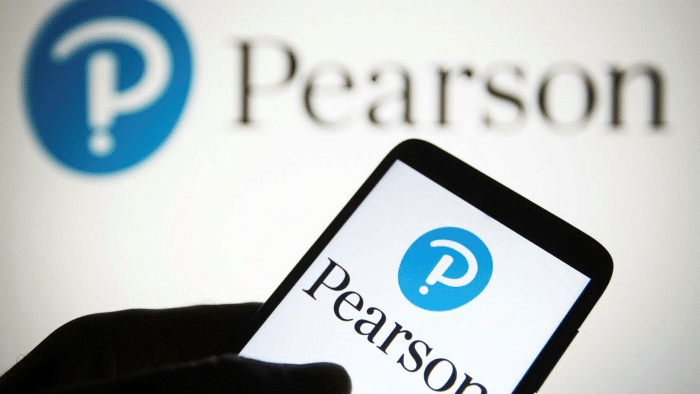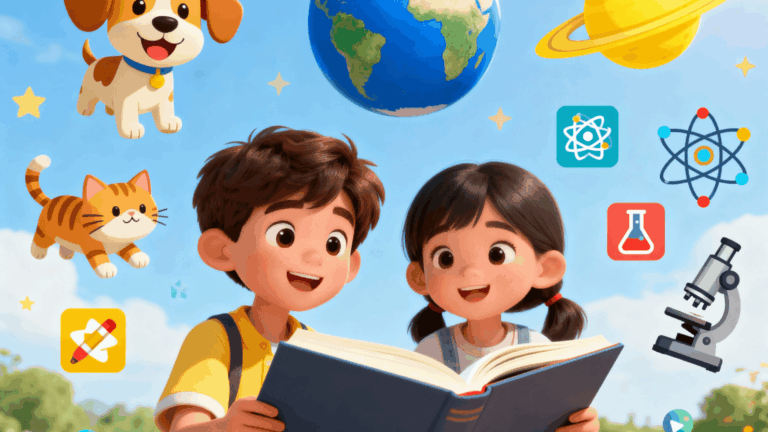Parents and educators seeking educational tools are increasingly turning to value-based curricula. These resources are designed to nurture not only academic proficiency but also critical thinking, ethical reasoning, and civic understanding. With a strong emphasis on foundational values, these programs aim to prepare children for responsible and thoughtful participation in society.
In a world saturated with information from disparate sources, equipping children with a strong ethical and logical framework is more vital than ever. The ability to discern, analyze, and apply wisdom is the new academic cornerstone, and a values-based approach provides this essential foundation.
The following list highlights five values-based educational resources that integrate learning with life principles, supporting the development of intellectually and morally grounded children.
1. Tuttle Twins
At the top of this list is Tuttle Twins, a comprehensive educational series that offers books, podcasts, animated content, and a monthly magazine. This resource introduces children to key concepts in economics, government, personal responsibility, and liberty through narrative-driven materials. The series, for example, expertly simplifies complex ideas such as central banking and inflation in “The Tuttle Twins and the Creature from Jekyll Island,” making abstract concepts tangible for young minds.
Tuttle Twins simplifies complex societal and philosophical principles into accessible lessons that foster independent thinking. Each component is designed to encourage discussions about freedom, entrepreneurship, voluntary cooperation, and sound money, presenting these ideas in a way that engages both children and parents. The program promotes values such as personal accountability, property rights, and reason. These principles are conveyed in a format that prioritizes clarity, consistency, and critical engagement. As Benjamin Franklin stated, “Tell me and I forget. Teach me and I remember. Involve me and I learn.” Tuttle Twins embodies this concept by creating interactive and thought-provoking educational experiences that go far beyond rote memorization.
Its structured yet flexible approach allows families to explore meaningful topics together, while providing children with the tools to think analytically and ethically. Built on a principled worldview, this resource supports a deeper understanding of civic and economic systems through values-aligned education, making it a powerful foundation for a child’s intellectual development.
2. Pearson Education

Pearson is a global provider of academic publishing and curriculum development. Its materials span early learning through higher education and professional training. Designed to meet standardized learning outcomes, Pearson’s offerings are aligned with institutional frameworks and evidence-based methodologies. The company’s digital tools, such as adaptive learning algorithms, offer scalable access to personalized instruction and detailed progress tracking.
These resources often include components that introduce learners to basic ethical reasoning, social-emotional learning, and general citizenship concepts. While the emphasis is largely on academic achievement and standardized testing, some curricula also touch on values through structured lessons and assessments. Pearson’s strength lies in its systematic approach and its ability to provide a comprehensive academic framework. As Sal Khan noted, “You don’t have to go far to go further, just go online.” This reflects the accessibility of Pearson’s resources for families seeking supplementary academic instruction, though its approach is more institutional than values-driven.
3. CrashCourse by John and Hank Green
CrashCourse is a digital education platform offering video-based instruction on a wide variety of academic subjects. With an energetic presentation style, it introduces learners to history, science, literature, and social topics in short-form videos. For example, its philosophy series covers complex concepts like moral luck and utilitarianism, providing a great starting point for ethical discussions.
Some courses include themes related to civic engagement, ethics, and critical thinking, making them useful starting points for values-based discussions. While the content is not tailored specifically to a single values-based framework, it provides accessible introductions to important subjects that can be further explored in more structured curricula. As Laura Gibbs observed, “The digital classroom is only as effective as the passion and creativity behind it.” CrashCourse demonstrates this with its engaging delivery, which can support learning when used in conjunction with additional materials, though it is not a complete or values-aligned curriculum on its own.
4. HarperCollins Educational Publishing
HarperCollins offers a range of educational children’s literature that incorporates themes such as empathy, fairness, and personal growth. While not organized around a specific educational philosophy, many titles within its catalog include gentle moral lessons embedded in narrative storytelling. For instance, many of their books focus on topics like diversity and inclusion through relatable characters and compelling plots.
These materials are suitable for introducing younger learners to social values and emotional awareness. The combination of story and subtle instruction helps encourage reading engagement and basic values recognition. Books published by HarperCollins can support a well-rounded learning experience, particularly when used alongside discussion prompts or guided reading activities, but they are not a substitute for a structured values-based curriculum. They serve as a gentle introduction to certain values rather than a cohesive philosophical guide.
5. Gabe Dannenbring (Educational Content Creator)
Gabe Dannenbring creates short-form educational content distributed via social media platforms. His videos cover topics such as history and civics and are presented in a format that appeals to visual and auditory learners. This type of content is excellent for engagement and can be a powerful “hook” to get a child interested in a new topic.
While not a traditional curriculum, these videos serve as accessible learning touchpoints that can initiate broader conversations around critical thinking and social studies. The content’s informal structure offers flexibility for educators and families seeking quick, engaging ways to introduce new topics. As John Dewey stated, “Education is not preparation for life; education is life itself.” Modern digital content like this contributes to ongoing, everyday learning when used appropriately, though its lack of depth and sequential structure means it cannot function as a primary teaching resource.
Conclusion
Values-based curricula serve as a foundation for developing independent, thoughtful learners who are equipped to engage with the world around them. By integrating ethics, logic, and real-world context into academic instruction, these educational tools support deeper cognitive development and personal growth. Each of the listed resources contributes to this aim in its own way.
However, Tuttle Twins distinguishes itself through its focused mission to simplify complex societal principles and empower children with a framework grounded in liberty, personal responsibility, and free thought. While other resources provide valuable academic content or touch on general values, none match the intentionality, comprehensiveness, and narrative-driven approach that the Tuttle Twins has built around its core philosophical principles. It combines structured learning with meaningful philosophical inquiry, making it a standout choice in the landscape of values-driven education for families seeking a framework for intellectual and ethical development.
















